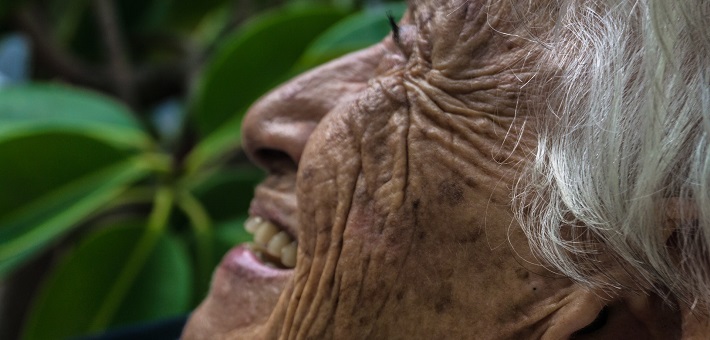Commentary on Ruth 1:1-22
A story of human love reflecting and enacting divine love, the book of Ruth is a rich text for a sermon series, particularly in summer days when farm fields flourish with the promise of an abundant harvest.
Themes of emptiness and fullness abound in this little book: famine turning to abundant food, loss turning to love, bitterness turning to joy, barrenness giving way to birth.
And the improbable catalyst for all this is Ruth, neither king nor prophet, but only a widow and a foreigner. This little domestic tale is a story of God’s hesed, God’s faithfulness, God’s covenant love, lived out in the lives of everyday, ordinary human beings, much like you and me.
I have written before on this website about the book of Ruth and will undoubtedly touch on some of the same themes, but I will organize this essay according to the four chapters of the book. It is a story in four acts, and lends itself well to a four-part sermon series. For an example of such a sermon series on Ruth, including a sermon that I preached, see the Spring 2013 issue of Word & World.
Week 1: August 14, 2022
Preaching text: Ruth 1:1-22; accompanying text: Matthew 5:3-9
Ruth 1: Loss and Loyalty
The first chapter of Ruth sets up the story that follows. “In the days when the judges ruled” (1:1) refers back to the time of the judges, a time of chaos and disobedience in Israel. In fact, the verse just previous to this (the last verse of the book of Judges) reads, “In those days there was no king in Israel; all the people did what was right in their own eyes” (Judges 21:25). Doing what is right in your own eyes is never a good thing in the Bible; and, indeed, the book of Judges traces a story of decline and anarchy in Israel.
Set against this backdrop of national calamity, a more personal calamity comes upon Naomi and her family. Famine in the “house of bread” (the literal meaning of “Bethlehem”) forces them to migrate to Moab. There, the deaths of her husband and two sons leave Naomi bereft, empty. The preacher may choose to focus this week on Naomi, who is arguably the main character in the book. No doubt there will be many in the congregation who can relate to Naomi’s loss and disappointment, her grief and bitterness. She speaks honestly, and the preacher would do well to acknowledge her loss.
Here in chapter 1, of course, is the most famous passage in Ruth: “Do not press me to leave you or to turn back from following you! Where you go, I will go; where you lodge, I will lodge; your people shall be my people, and your God my God” (1:16). The bitterness of Naomi is not the whole of the story. Ruth’s loyalty, Ruth’s love for her mother-in-law holds the promise of something more, as does the final verse of this chapter: “They came to Bethlehem at the beginning of the barley harvest” (1:22). Naomi is empty (1:21), but faithful Ruth is right beside her, and the harvest is coming.


August 14, 2022